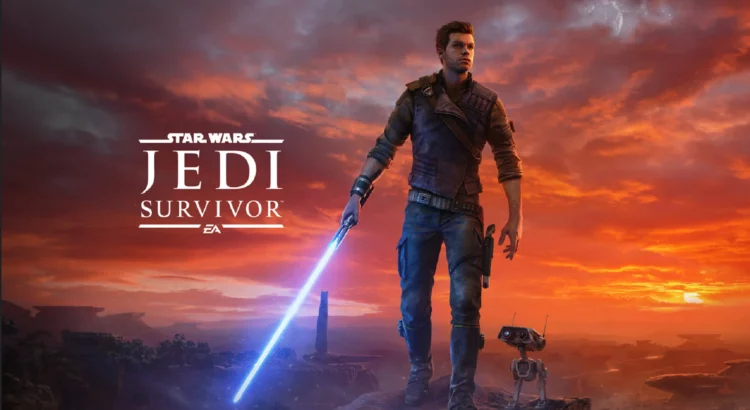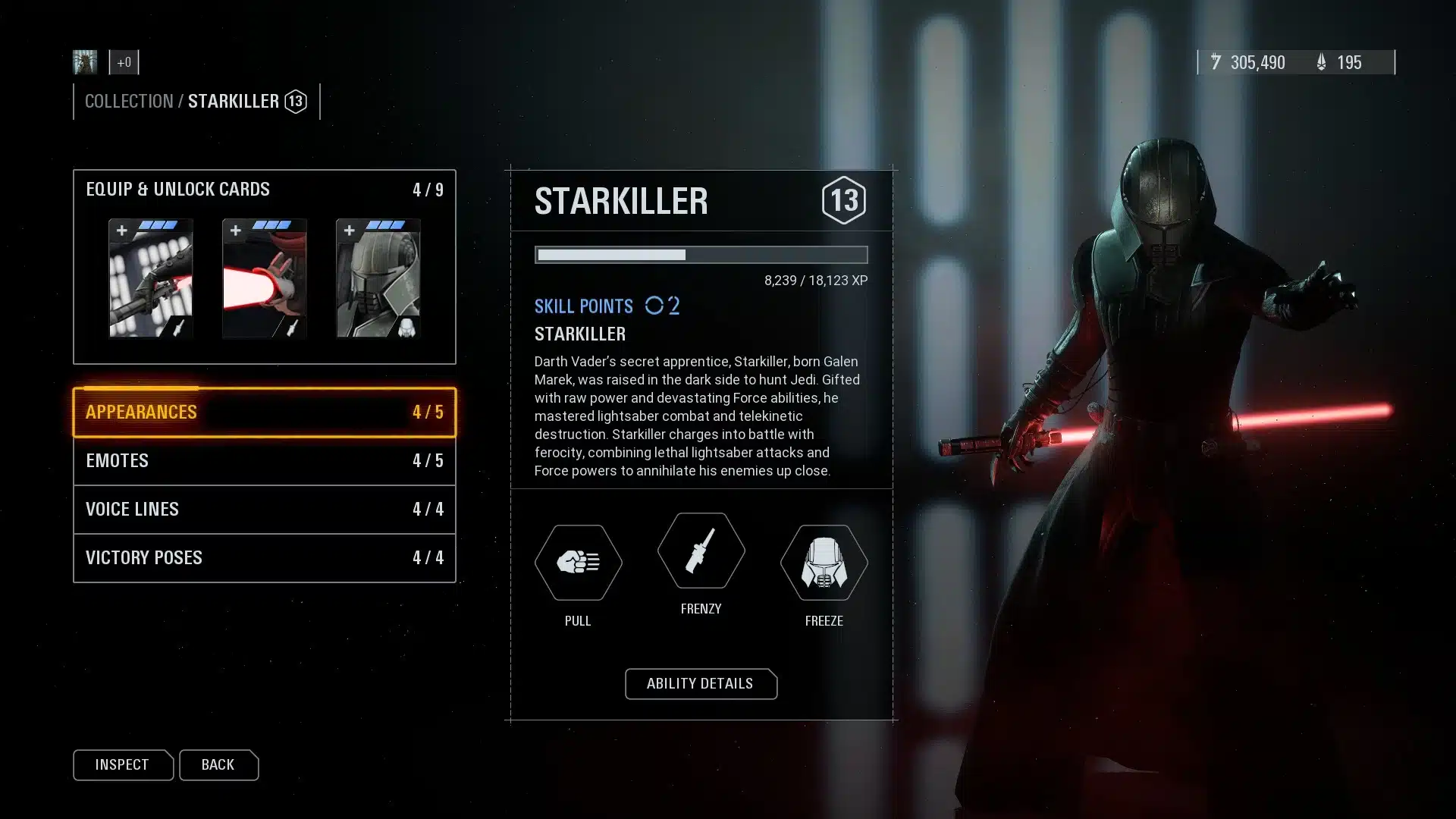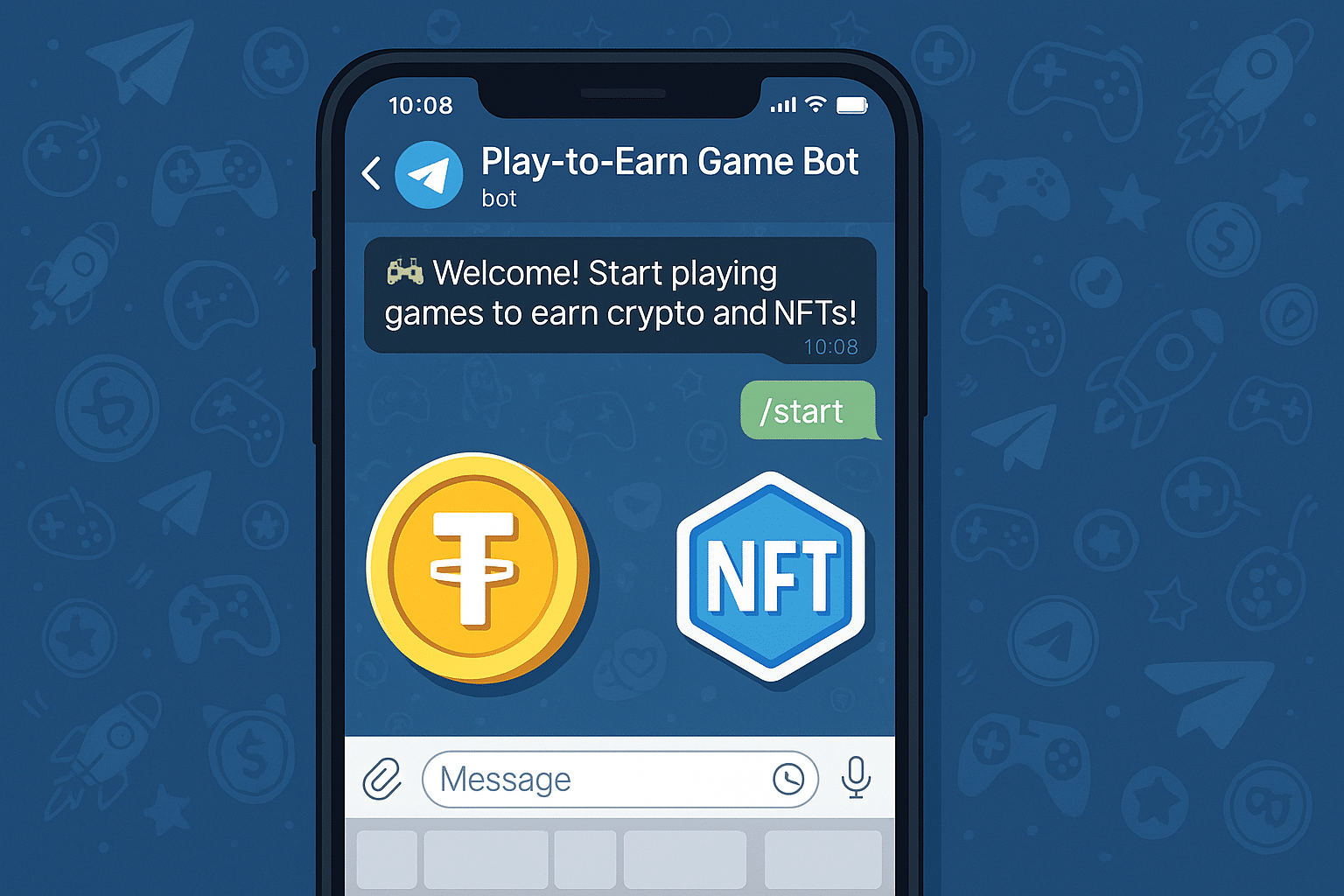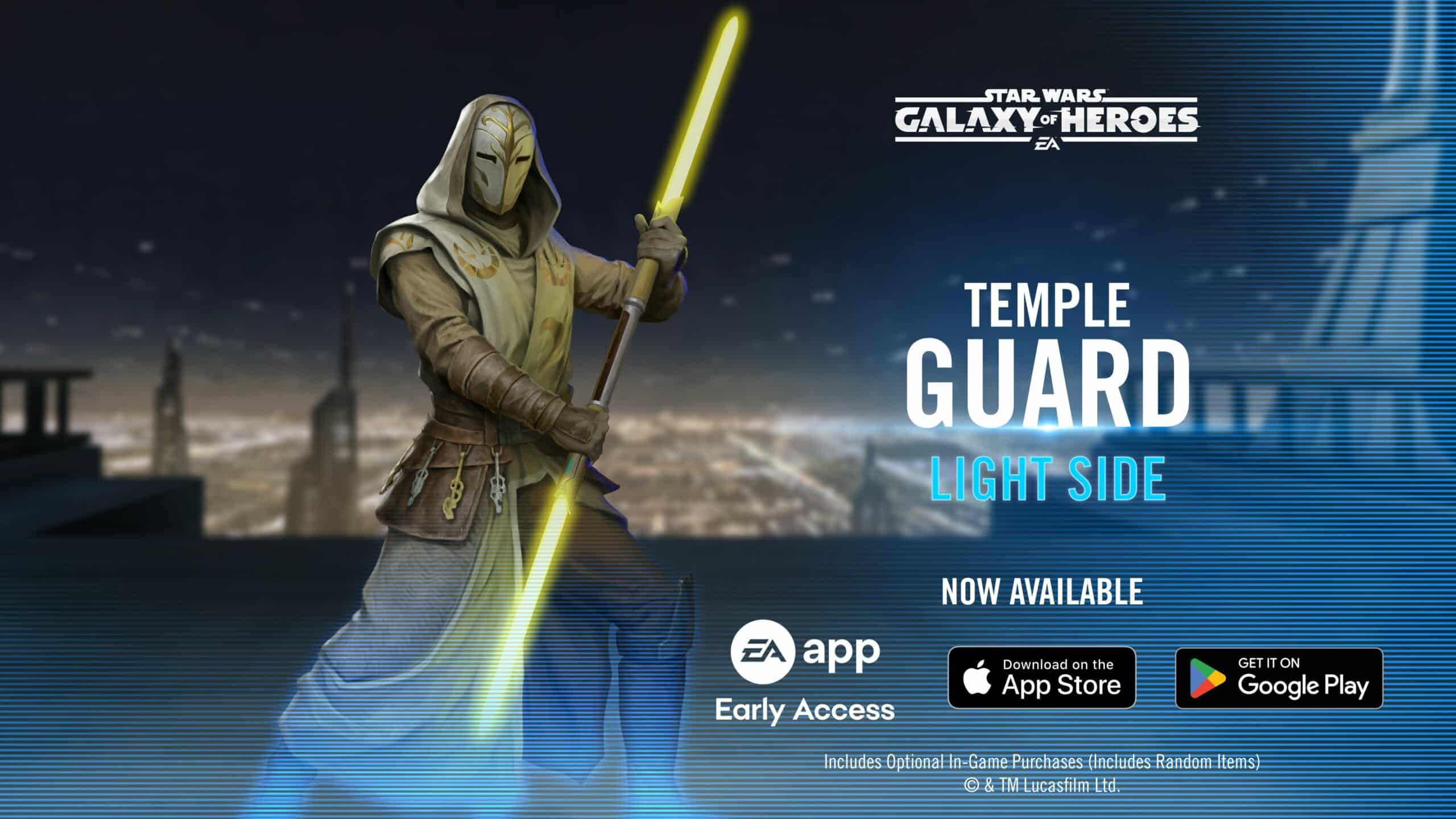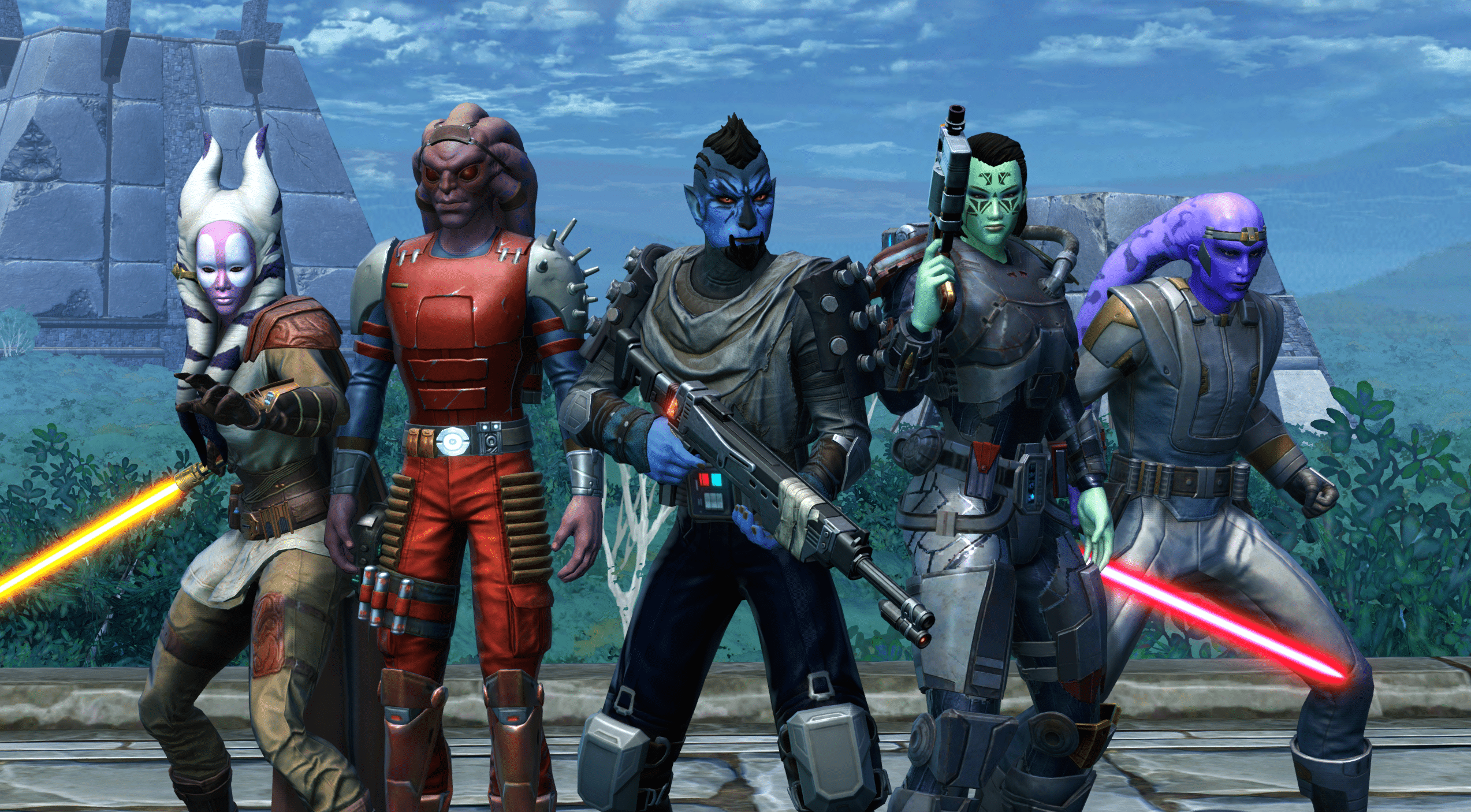When a developer known for delivering iconic titles like Titanfall, Apex Legends, and Star Wars Jedi: Survivor starts using phrases like “morale is at an all-time low,” it’s usually not just hyperbole—it’s the digital equivalent of alarm bells going off.
That’s exactly what happened when Respawn Entertainment developer “@witdarkstar” (Dan, a senior-level dev) posted on Bluesky, saying that the studio’s energy has hit rock bottom following a wave of Electronic Arts layoffs. The tweet, simple but striking, reads: “Genuinely think morale is at an all-time low.”
Short. Grim. And packed with implications for one of the most creatively influential studios under the EA banner.
EA Layoffs: A Galactic-Sized Blow?
Electronic Arts, Respawn’s parent company, recently announced a new wave of layoffs as part of its restructuring strategy. These moves included canceling an unnamed Star Wars FPS and cutting back on future single-player content across various teams. The timing couldn’t be worse—especially for a studio like Respawn that’s been praised for its narrative-driven success with titles like Jedi: Fallen Order and Jedi: Survivor.
Combine that with a tepid response to Apex Legends’ latest seasons and an internal shake-up around EA’s overall strategy for live-service versus story-focused games, and you’ve got yourself a recipe for creative burnout.
Morale? It’s not just down—it’s being Force-choked.
Morale has been at an all-time low. I can say that much.
— Patrick Wren (@witdarkstar.bsky.social) May 28, 2025 at 8:47 PM
The Fallout: Dev Teams Left in the Dark
According to Insider Gaming, the mood inside Respawn has been deteriorating steadily, and this post only confirms what many suspected: the developers themselves are struggling to stay motivated.
While corporate restructuring is nothing new in the gaming industry, what makes this different is Respawn’s status. This isn’t a struggling studio—it’s the company that EA leans on when it needs to remind the world it can produce single-player hits.
So why trim from a winning formula?
From a purely business angle, EA appears to be doubling down on what generates consistent revenue—namely, multiplayer titles with microtransactions. But for developers who came to Respawn with a passion for storytelling, world-building, and character-driven design (aka the Jedi game squad), this pivot feels more like betrayal than business strategy.
What Happens to Future Projects?
Let’s state the obvious: This morale hit could impact everything from productivity to the longevity of key devs at Respawn. While EA hasn’t officially canceled Jedi: Survivor 2 (or whatever the next installment might be), the silence around upcoming narrative titles has been… unsettling.
Remember, the now-canceled first-person Star Wars game was rumored to be a Mandalorian-centric title with heavy bounty hunting mechanics—something that could’ve married Respawn’s shooter pedigree with a deeper Star Wars fantasy. That project’s abrupt end wasn’t just a business decision; it was a morale nuke.
And even with live-service titles like Apex Legends, low team morale doesn’t bode well for innovation or quality-of-life improvements. Content pipelines suffer. Bugs slip through. Burnout rises.
Industry Trends: A Pattern, Not an Exception
Respawn isn’t alone in this. Layoffs have swept through multiple major studios this year, with names like Bungie, Riot, and even Xbox Game Studios seeing internal cuts. This isn’t just a Respawn issue—it’s part of a broader shift where studio success doesn’t always equate to job security.
What makes Respawn’s case sting more is how beloved their output has been. Titanfall 2 is still considered one of the best first-person shooters of the past decade. Jedi: Survivor was praised for its storytelling. And even Apex Legends, despite recent struggles, helped redefine the battle royale space.
If morale is shot here, it sends a chilling message across the industry.
Can Respawn Recover?
The short answer? Maybe. Respawn’s dev team has shown resilience before—rising from Titanfall’s commercial struggles to eventually launch one of EA’s biggest franchises in Apex Legends.
But recovery isn’t automatic. It requires clear communication from leadership, creative freedom, and a shift in how EA prioritizes its studios. Right now, the devs are feeling undervalued, overextended, and unsure about the future. No amount of “studio town halls” or pizza parties is going to fix that unless there’s a real culture change.
The studio’s reputation with the community remains strong—for now. But if those delivering the magic lose faith, that reputation might not hold up under the weight of corporate indifference.
Conclusion: The Force Isn’t Strong With This One
When a Respawn dev publicly says morale is at an “all-time low,” it’s not just a throwaway complaint—it’s a red flag from deep within one of EA’s most celebrated teams. Between layoffs, game cancellations, and creative roadblocks, it’s clear something is broken—and it’s not just code.
As Respawn moves forward, the question isn’t just “what’s next?” It’s whether the people behind the games we love will still be there to build them.
Let’s hope EA hears the message before more talent heads for the escape pods.
Stay connected with all our latest updates by following us on Google News! It only takes a click, and it would mean a lot to us. You’ll get the freshest news, exclusive content, and much more, right at your fingertips. Thanks for your support!


